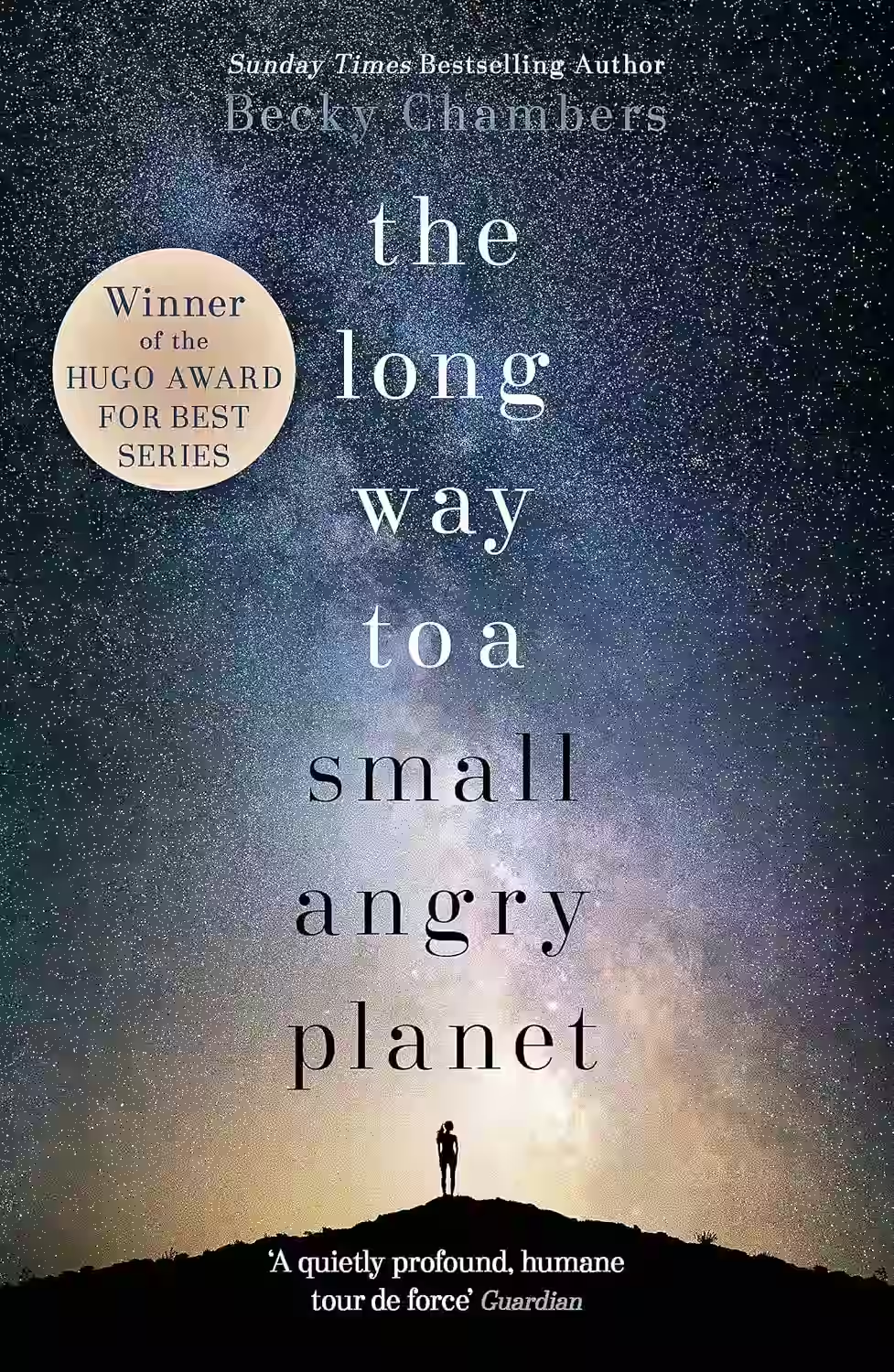
Becky Chambers’ The Long Way to a Small, Angry Planet is a warm, character-driven space opera about the crew of the Wayfarer, a ship that tunnels wormholes across the galaxy. When they’re offered a lucrative but risky job, the diverse crew—human and alien alike—must navigate politics, personal struggles, and unexpected adventures. With its hopeful tone and focus on relationships over action, the novel explores themes of identity, belonging, and empathy in a richly imagined universe. It's a thoughtful, inclusive sci-fi story that celebrates diversity and found family in space.
About Wayfarers Series
This character-driven sci-fi series begins with The Long Way to a Small, Angry Planet and continues with loosely connected novels, each exploring life in the Galactic Commons. Chambers focuses on community, empathy, and diverse cultures—from AI rights to interspecies relationships. Rather than war and conquest, Wayfarers is about healing, connection, and the wonder of space travel. Uplifting and inclusive, the series offers a refreshing alternative to traditional space operas, championing kindness, exploration, and understanding.
About Becky Chambers
An American author known for her optimistic and character-driven science fiction, often exploring themes of community, found family, and diverse alien cultures. Her Wayfarers series is beloved for its heartwarming narratives, thoughtful exploration of societal differences, and focus on empathy and understanding. Chambers's hopeful and inclusive vision of the future has made her a significant voice in contemporary science fiction.
Similar Books
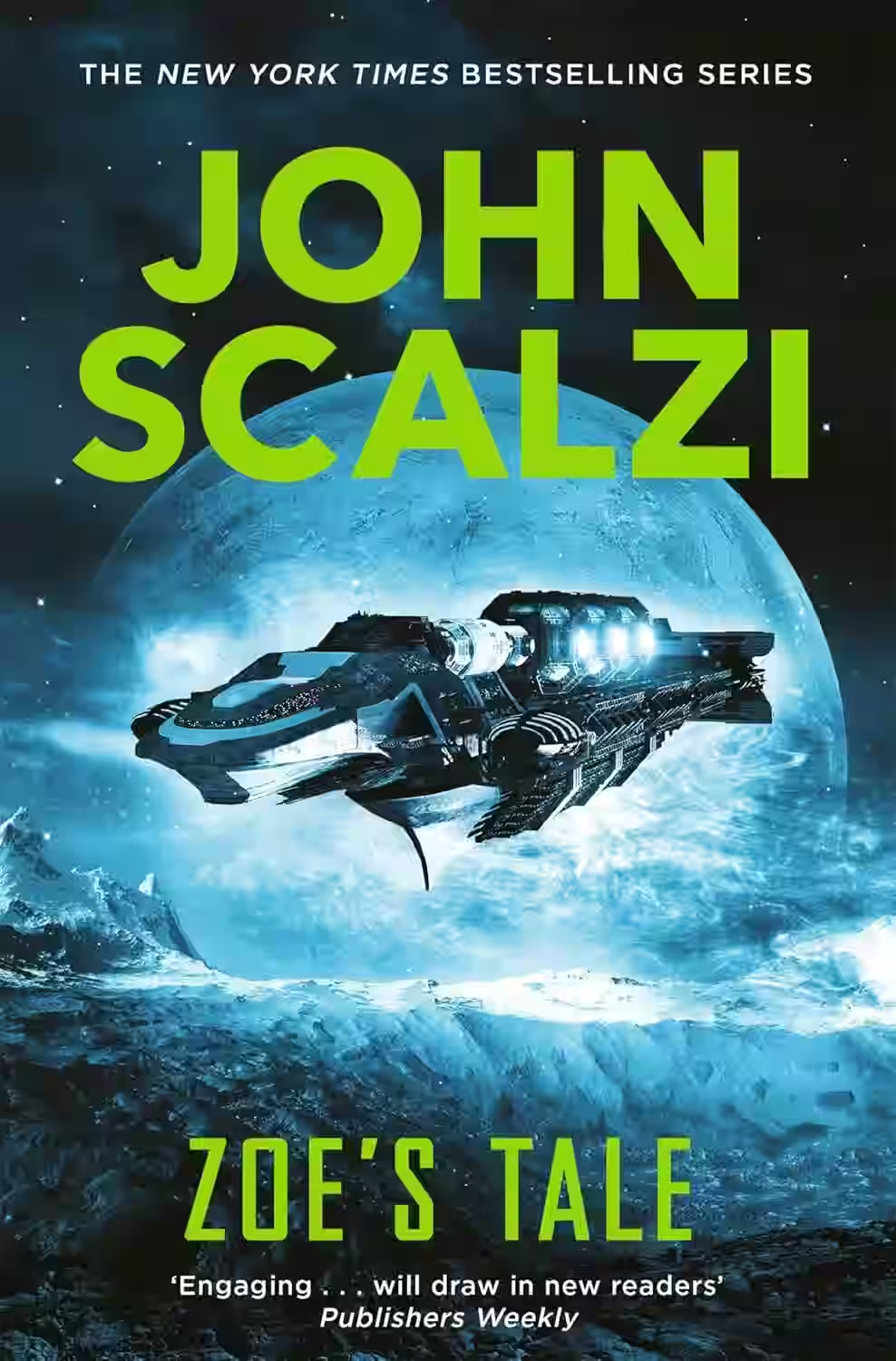
Zoe's Tale
by John Scalzi
Series: Old Man’s War (#4)
Zoe's Tale by John Scalzi is a compelling parallel narrative to the events in Scalzi's previous work, The Last Colony. Told from the perspective of Zoe Boutin-Perry, the story brings a fresh and youthful voice to the complex universe of the Old Man's War series. As Zoe navigates her life on a new colony planet, she must confront challenges that could shape the fate of humanity. Themes of identity, adolescence, and responsibility are woven seamlessly into a sci-fi context, creating a rich tapestry of character development and plot. Scalzi's ability to infuse humor and warmth into intense situations adds to the book's appeal, making it a captivating read for both new and longtime fans.
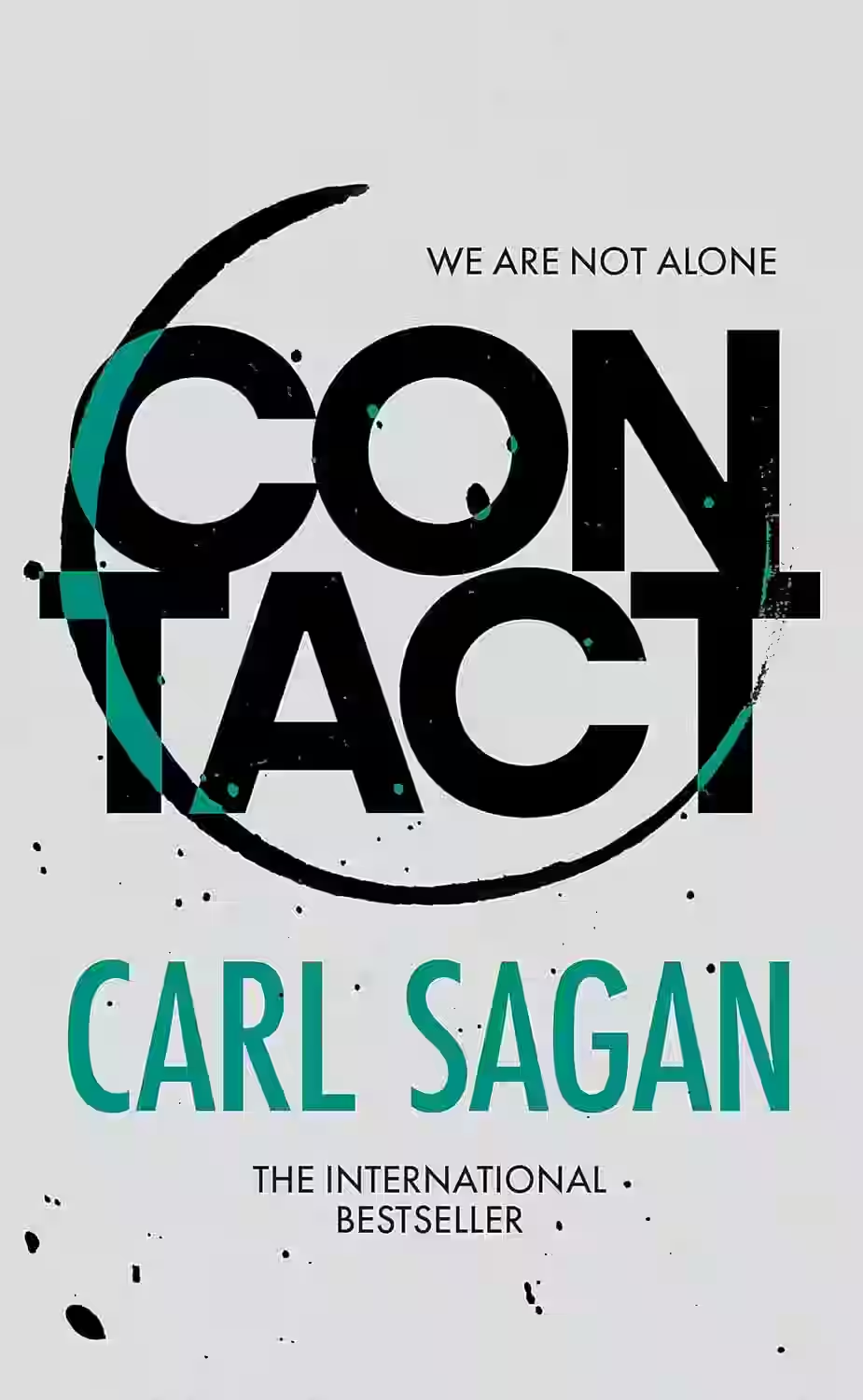
Contact
by Carl Sagan
In Carl Sagan's thought-provoking novel 'Contact,' readers are taken on an exhilarating journey through space exploration, science, and the age-old question of humanity's place in the universe. The story follows Dr. Ellie Arroway, a passionate and dedicated scientist who makes contact with extraterrestrial beings through a mysterious signal from the star Vega. As Ellie navigates the complexities of politics, religion, and the unknown, she embarks on a quest for truth that challenges her beliefs and the very fabric of reality. 'Contact' seamlessly weaves together science and philosophy, offering a captivating narrative that explores the boundless curiosity of the human spirit.
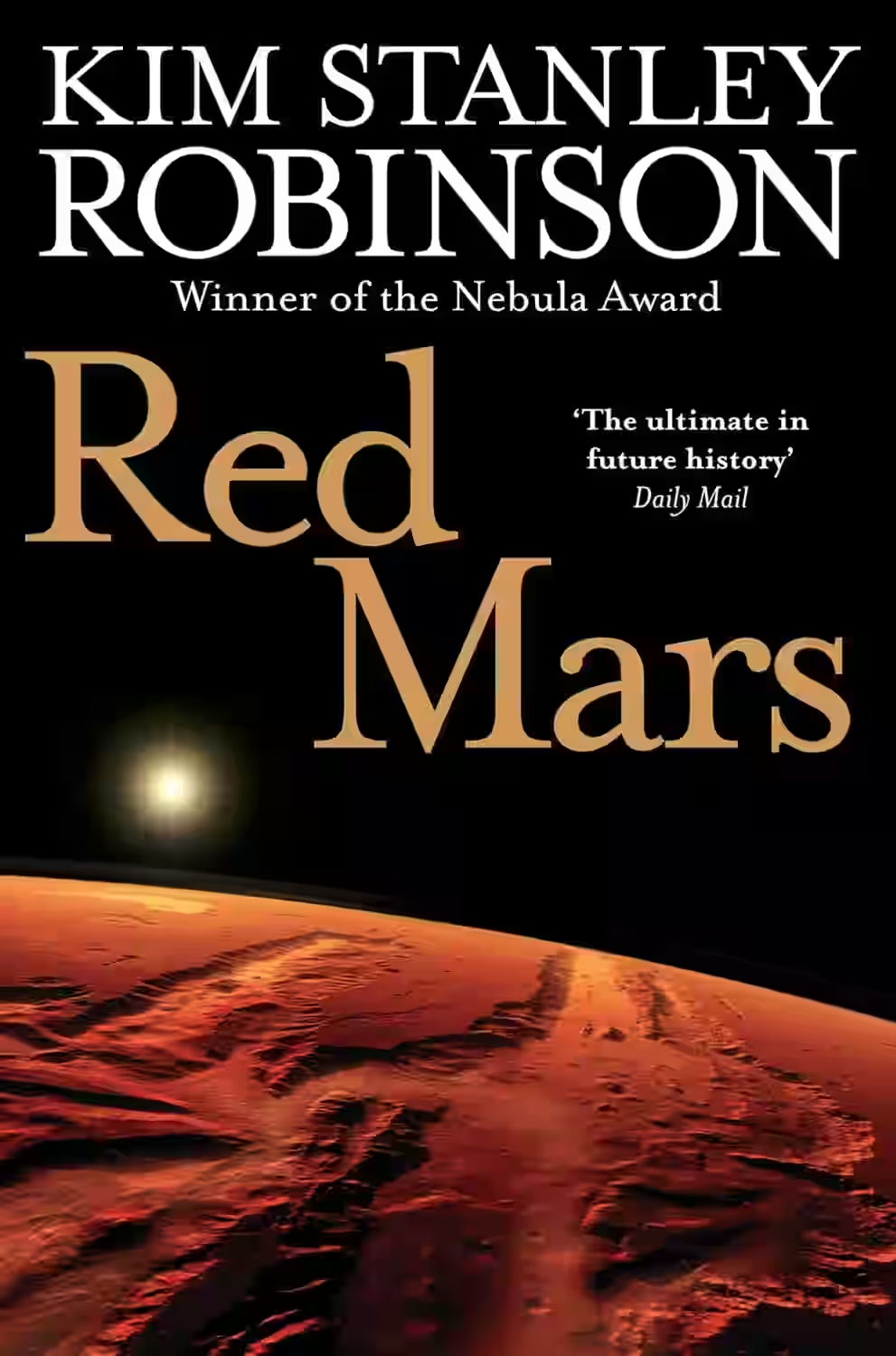
Red Mars
Series: Mars Trilogy (#1)
Kim Stanley Robinson's 'Red Mars' is a riveting science fiction novel set in the near future where humanity colonizes Mars. The story follows a group of scientists and colonists as they confront the challenges of terraforming the planet while navigating political intrigue and personal conflicts. Through vivid descriptions and intricate world-building, Robinson explores themes of environmentalism, human nature, and the ethics of space exploration. The book expertly blends hard science with compelling characters, creating a thought-provoking narrative that raises questions about our future both on Earth and beyond. 'Red Mars' is a must-read for fans of complex sci-fi epics.
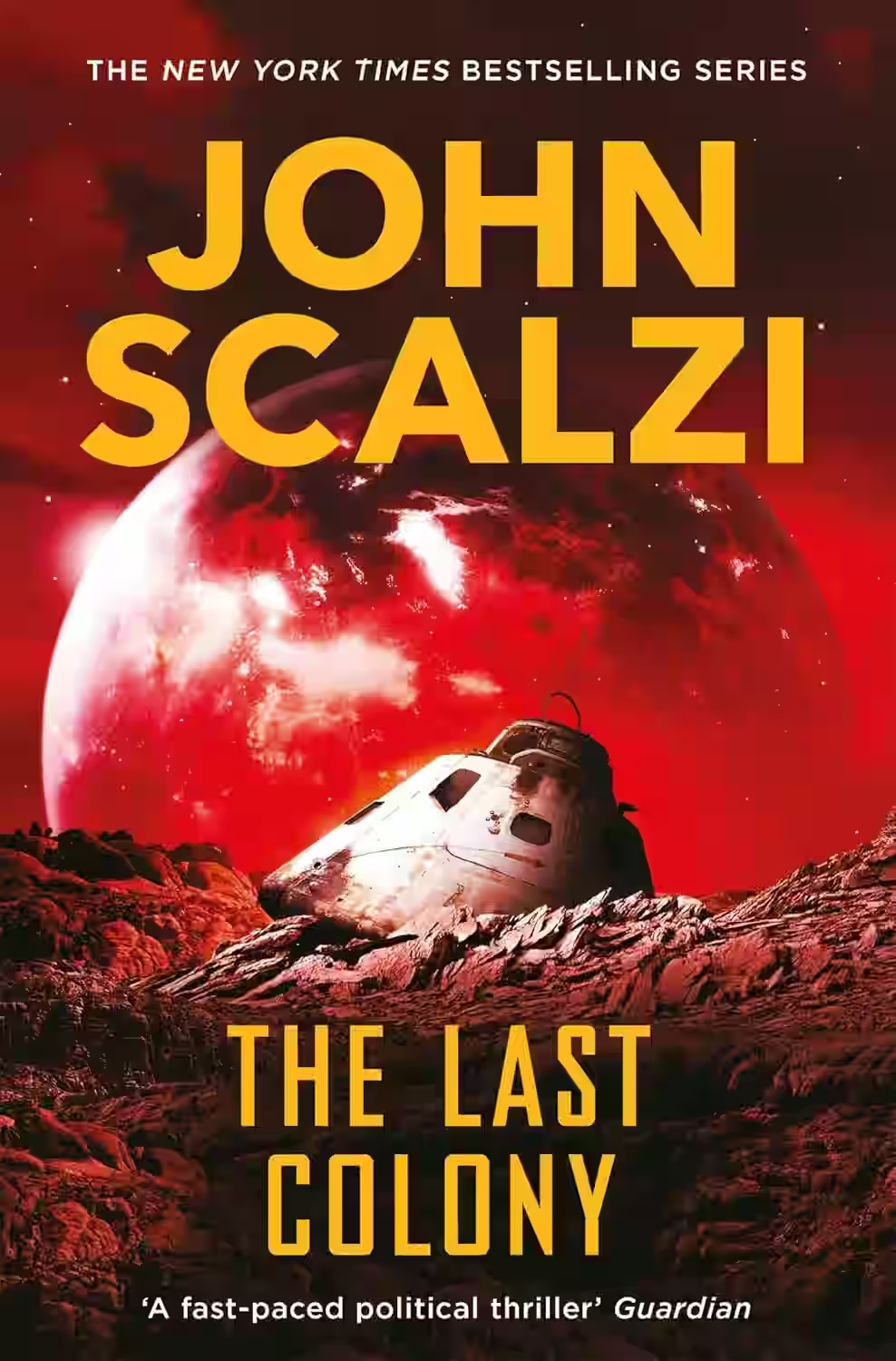
The Last Colony
by John Scalzi
Series: Old Man’s War (#3)
John Scalzi's 'The Last Colony' delivers an exhilarating continuation of the Old Man's War series, blending sharp wit with thought-provoking social commentary. The storyline follows John Perry and his formidable wife, Jane Sagan, as they are appointed leaders of a colonial settlement on the distant world of Roanoke. As political intrigue and interstellar diplomacy unfold, Scalzi deftly explores themes of identity, sovereignty, and the complexities of governance when cultural differences are stark. The novel is a fine balance of action, humor, and political intrigue, ensuring an engaging narrative experience. The vibrant character depictions and ethical dilemmas enrich the sci-fi plot, offering both entertainment and introspection for readers. Fans of Scalzi’s universe will appreciate this seamless blend of storytelling and thematic exploration, while newcomers can enjoy it as a standalone adventure with deeply rooted philosophical undertones.